Partying is a form of literary hyperstition
Hyperstition, corporeality, and when the internet isn't enough
There’s a niche-famous clip of Tao Lin doing a reading sometime in 2008 in some grimy underground gallery that I sometimes encounter in the process of looking through various threads of extremely-online alt-lit marginalia from eras past.1
Years ago, when I first encountered the clip, I had assumed that Lin’s stilted, monotone performance was some kind of deliberate affectation—that he was ‘doing a bit’ and leaning into a sort of literary-coded version of the dirtbag-hipster (the evolutionarily-optimal persona-cultivation-strategy for skinny NYC males).
I was impressed by his marketing acumen: gaining attention in any cultural sphere is extraordinarily difficult, and creating a literary persona may be scoffed at but is tremendously difficult thing to actually execute (“if it’s so easy to be Honor Levy, anon, then why aren’t you her?”).
In any event, I later found out that it wasn’t a bit and this is how he actually normally talks.
The internet is real but atoms are realer
Previously, I’ve written about the idea of a meme-ing a purely digital literary scene into existence.
While I think it’s certainly true that you can build a meaningful literary presence with purely digital distribution, the fact remains that the physical world remains an important compounder of digital channels.
Rather than viewing these as separate systems of literary distribution, the reality is that they compound on one another where each multiplies the power of the other.
Just think about it from first principles: even if you yourself aren’t doing a reading, meeting other writers IRL strengthens your connections to other artists in the niche high-culture world of literary fiction.
Podcasts are enormously useful, but as with anything digital, they’re still disembodied forms of connection.
Much has been written about the decline of Literary Fiction(TM), and a lot of this sense of sadness comes down to the relative decline in the cultural stature of novelists (even if I wasn’t pseudonymous, crafted a Mishima-level persona would verge on impossible, and only Lin has really approached that zone of stature from the periphery).
I think Ross Barkan hits the nail on the head here with his view that we’re in a “post-prestige” era in the space.
On the one hand, this is naturally going to be a sad thing for novelists and fiction writers when we compare ourselves to Bret Easton Ellis or other more titanic figures from the 20th centure.
On the other hand, the loss of status can also be emancipatory.
The joys of a small subculture
I’ve recently been watching a truly excellent Japanese television series, Frieren, a fantasy story about an Elven mage.
I’m about one-third of the way through this gem of a narrative, and one of the funniest things is this recurring bit whereby Frieren—who has lived thousands of years—largely occupies her time by hunting down seemingly obscure and worthless spells that have little if any practical utility.
The running joke is essentially that she’s got this sort of semi-autistic hobby when it comes to spell-collecting that her normie-companions simply can’t understand.
This, my dear friends, is how I feel about neglected novels and literary works.
I recently discovered Alan Rossi’s Our Last Year, a really wonderful novel about the disintegration and reconstitution of a failing marriage.
The novel is beautifully written in a minimalist (but not austere) style with long run-on, lyrical sentences. It’s a real gem of a book that manages to texture the seemingly mundane events of marital discord into something that’s really quite resonant and full of true feeling. Dream-like, it reads almost like a translation of a Japanese writer.
In spite of Rossi’s credentialed success as a writer, this book appears to have had minimal reception or press, and has only accumulated a couple dozen Goodreads reviews.
All that is to say: I feel privileged to have accidentally discovered it (and I don’t even remember how!).
Rather than mourn the heydey of the Hemingways and Mishimas, writers and readers should focus on keeping the form alive.
And the thing that will keep literature alive will be the simple act of discovering, buying, and reading beautiful books.
We are not, in a sense, disimilar from medieval monks who autistically collected literary works and preserved a lineage of text through eras of conflict and brutal wardom.
Community is a word that has been debased by marketers and capitalists, but that does not make the concept any less real.
And one thing we can be certain of was that these literary monks had a firm sense of it.
Why can’t we be friends?
It’s possible to be friends with someone on the internet, but it’s difficult to do so deeply.
The reason to host a literary party isn’t just to build up a literary persona or to build a brand or to amplify a distribution mechanism.
It’s to cultivate friendships between writers, readers, and a community of niche-hobbyists who love fiction for it’s own sake—even without the panels, the awards, or the magazine profiles.
This feeds into the intrinsically social energy of the arts, which are meant to be created and appreciated. This is a reciprocal, fundamental social act: a literal sharing of consciousness between human beings.
Don’t worry about the money or the panels. God—or the universe, or the singularity—will see (and appreciate) your sincere and moving works.
What could be more meaningful than that?
Hosting a literary party isn’t marketing activation event. You’re not building up a platform so much as cultivating and preserving a lineage of the wordcel-class. Noah Kumin has done some great work in this sphere with Mars Review of Books, and The Metropolitan Review has recently broken through as well.
But I am now convinced that the thing that everyone should continue to lean into is the idea of the party.
The party is at once aimless and simple in its intention.
Adem Luz Rienspects recently posted a series of photos from an LA event with New Ritual Press.
It looks like everyone had a great time and I’m happy for them.
All I can say is—cheers to that!
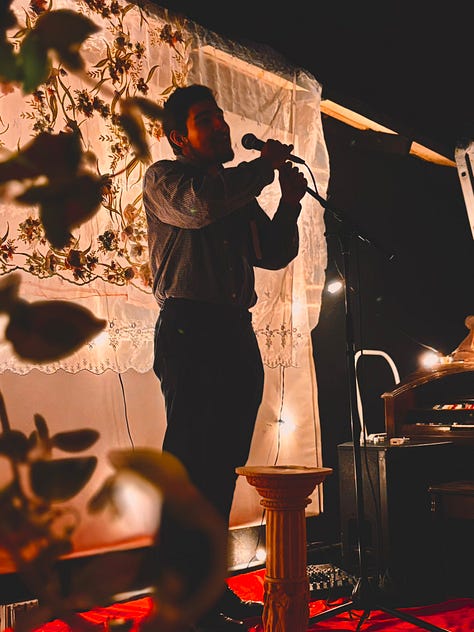
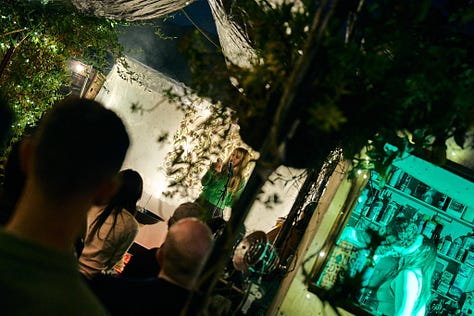
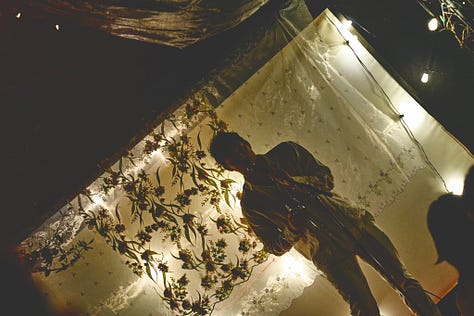
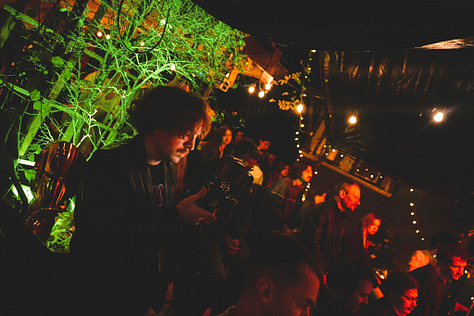


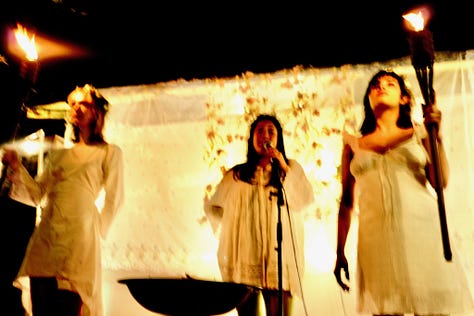
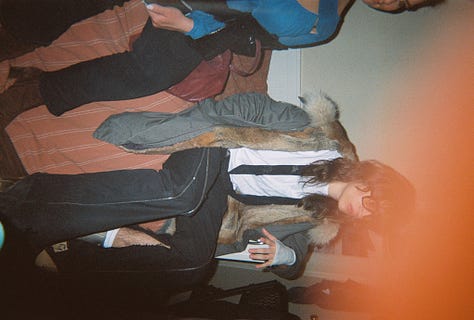
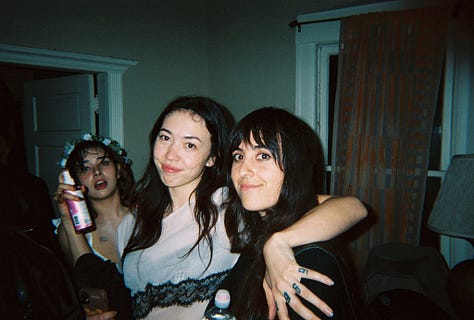
For a truly exceptional analysis of internet history and culture, I recommend Katherine Dee and her excellent blog.




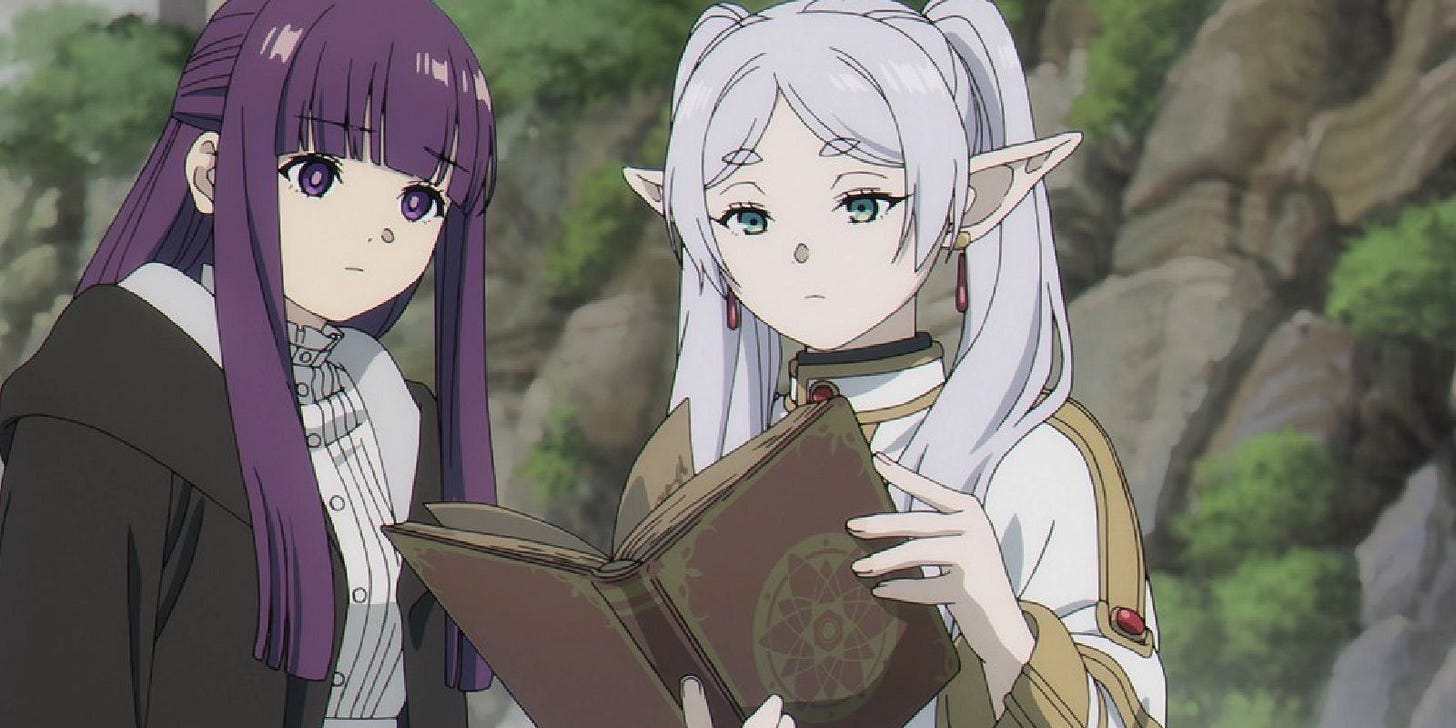
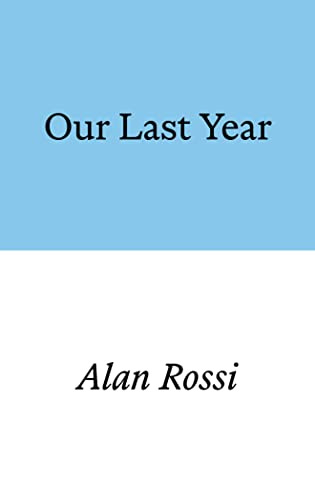
Nice post, ARX. Re: "All that is to say: I feel privileged to have accidentally discovered it (and I don’t even remember how!)", I felt forced start a spreadsheet recently when I buy a book to remember where I heard about it and in what context, because I was forgetting too many of the initial reference points...
OK i'm a Tao Lin fan now